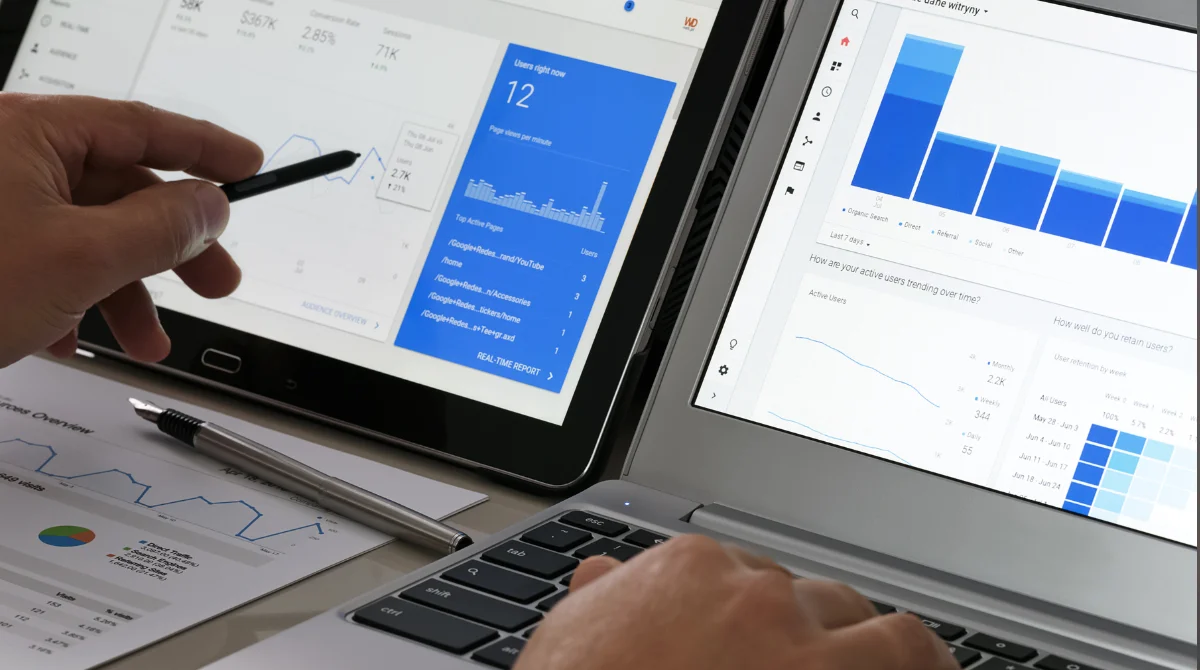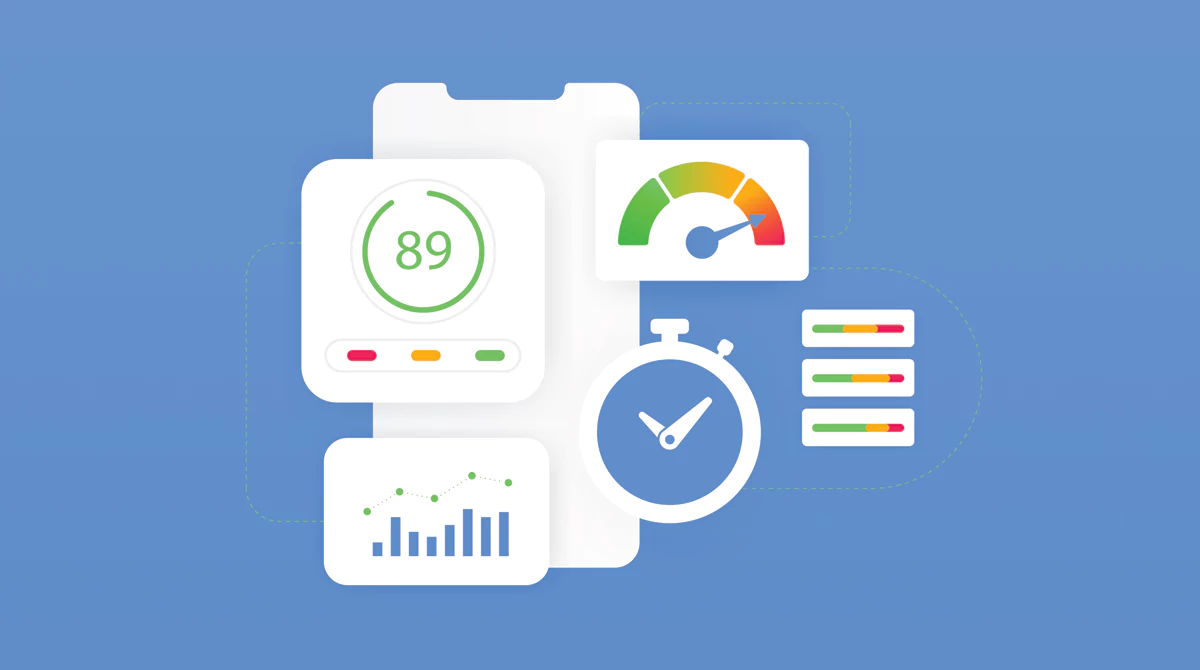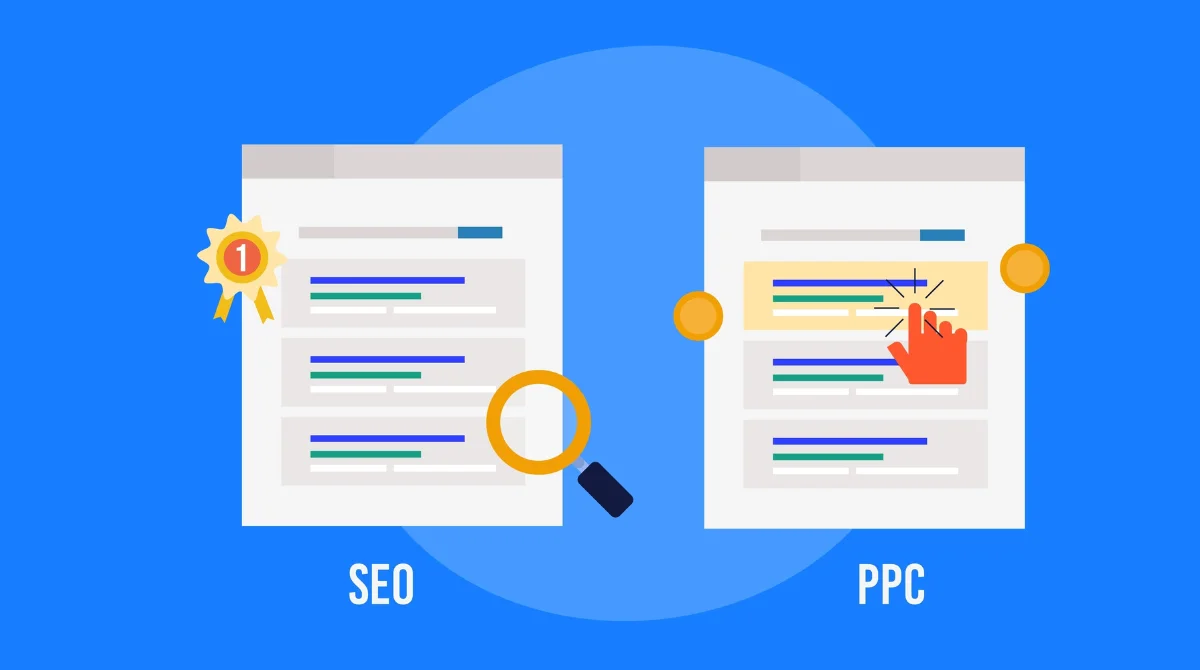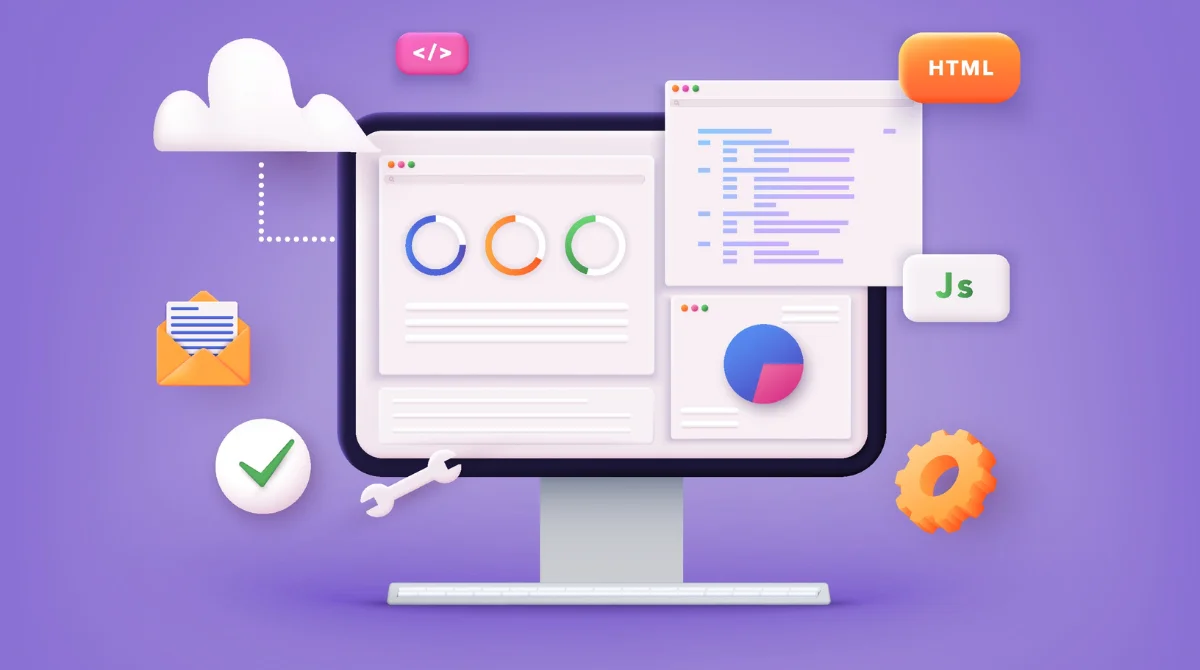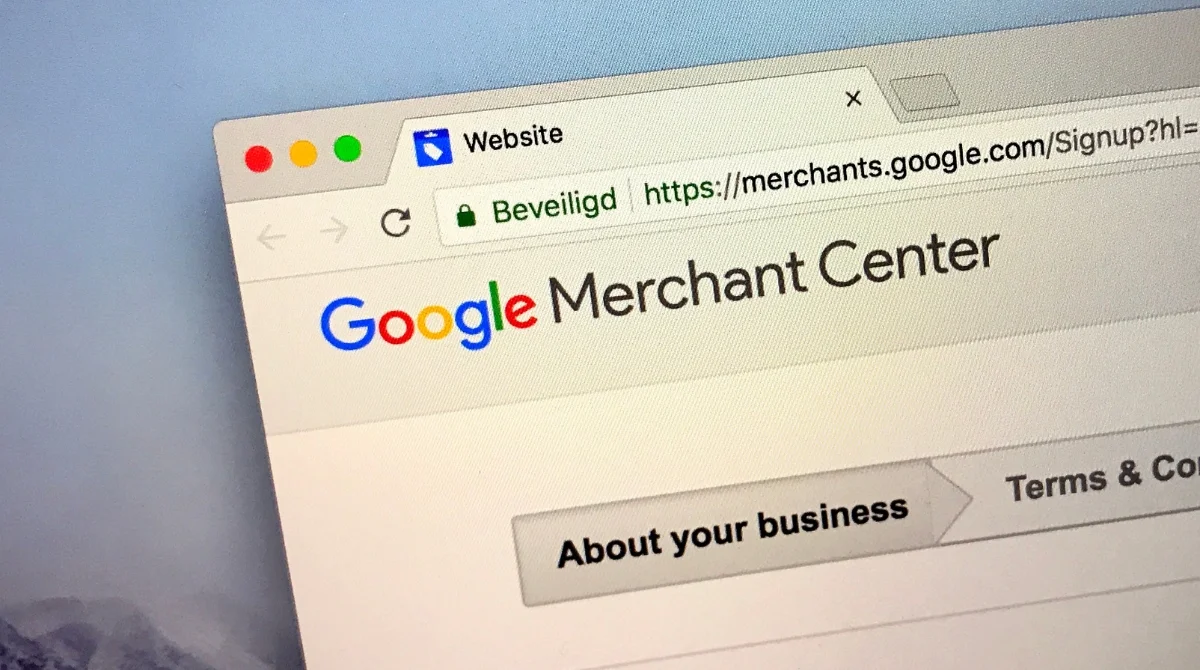Google is an algorithm that determines your website’s rankings in search results. If your website doesn’t follow Google’s guidelines, you can expect to see a drop in your website’s rankings, known as the Google penalty. The penalty usually applies to websites that are spamming Google’s search results, promoting malware or other unethical practices, or violating the terms of service of their hosting provider.
The first thing to remember is that you can’t always tell if your site has been penalised by Google. You might see a sudden drop in traffic or a decrease in backlinks, but there’s no way of knowing whether these result from Google’s actions. Google doesn’t say what they’ve penalised you for, but they give hints in the form of suggestions for how to fix the problem.
In this blog, we will share some main reasons why your website might be penalised by Google. As per the SEO agency experts, each of these reasons is a complete no-no.
10 Reasons Why Google’s Penalties Might Be On The Way For Your Website
Google has a set of guidelines for web admins and SEO services, which includes a list of webmaster-friendly practices. If your website fails to follow these guidelines, it will be penalised by the search engine giant, and its ranking can be affected. Here are ten reasons why Google may penalise your website:
Not Mobile Friendly
Google considers a website to be mobile-friendly if it’s optimised for use on smartphones and tablets. If users are experiencing slow page loads, this can negatively affect their experience on your site and result in a penalty from Google. A responsive design will automatically adjust to any screen size, whether a desktop computer or a mobile phone and therefore will rank higher for relevant searches. According to Google, about 1/3rd of all searches are now done on mobile devices. So if you want to rank high in Google search results, you should ensure that your website is mobile-friendly and responsive.
Slow Loading Speed
Google has been penalising websites for slow loading speeds since July 2018. If your website takes too long to load, Google will penalise it by decreasing its rankings. Search engines use several factors when determining how fast a website loads up, such as the time to load pages, images and videos etc. If any of these are slow or take too long to load up, this could lead to website penalisation.
Duplicate Content
The SEO services experts have been talking about “duplicate content” for years, but there’s still confusion around it. Duplicate content is when you have multiple pages on your site that contain content that is essentially the same as another page on your website. Google considers it spam and can penalise you for it. For example, if you have two landing pages with the exact content and only different images, then both will be penalised by Google. Duplicate content can cause issues with your rankings in SERPs and can also remove your website from its search index (i.e., banned).
No SSL Certificate
Websites use SSL certificates to encrypt data transmitted over the internet (including passwords and other sensitive information). Having an SSL certificate means that your website will pass all of its traffic through encrypted channels so that no one can intercept or steal any information while it is being transmitted through your site. If you do not have an SSL certificate on your website, then Google will flag it as insecure and may even penalise it for this reason alone.
Buying Links
Google recognises that links are essential to the success of a website. The search engine’s complex algorithm looks at the quality of links when determining where a website ranks in the search results for a given query. Google frowns upon buying links, so if many links come from low-quality sources, this can also lead to penalties on your site. Buying links can indicate that your website has links that are not relevant to the content on your website. You should always avoid buying links if you want your site to rank well on the search engine.
Missing Sitemap
A sitemap file is an XML file that lists all the pages on your site in a hierarchical order and tells Google where each page begins and ends. Sitemaps are essential for helping Google crawl your website and index it properly. If you don’t have a sitemap, then Google won’t be able to crawl your site, and its pages will not show up in search results as well as they should! You should ensure that your website has an up-to-date sitemap file to appear indexable on search engine results pages (SERPs).
Poor Quality Content
One of the most common penalties is the “low-quality content” penalty. It is the most severe penalty you can receive from Google, resulting in your website being de-indexed for a while. The search engine will penalise sites with low-quality content and links from spammy or untrustworthy websites. Poor quality content includes duplicate content, duplicate URLs, and unrelated and poor titles for posts; therefore, these factors could lead to your website being penalised by Google if they appear on your site. You should ensure that the content on your web pages is relevant to the keywords you want to rank for and that it is not spammy or low-quality.
Excessive Keyword Density
Keyword density refers to the total number of times a keyword or phrase appears on a website compared to the total number of words. Keywords are essential, but they should not be the only thing you use in your content because they can affect your rank in Google SERPs. If you have too many keywords, Google will consider it spamming and may penalise your website. It means you need to consider your keyword density and ensure it is not too high. The SEO company experts say that the ideal keyword density should not exceed 1-2% of the total content length.
Internal 404s
Internal 404s are when a user tries to access a page on your site but gets redirected to one that doesn’t exist. When this happens, the browser will display an error message and send the user back to the home page. A misconfiguration in the code of your site or an issue with your web host can cause internal errors on your site. When Google sees a lot of internal errors, it will consider it a violation of its Webmaster guidelines and may drop your ranking in its search results.
Overusing H1s
The H1 tag should only contain the most important keywords you want people to click on when searching for content on your website. Google does not want users to have to scroll through long lists of text to search for what they are looking for; therefore, if your website uses more than 1 H1 tag per page, Google will consider it spammy and may lower your rankings search results too.
Final Words
As you can see, there are many reasons Google may penalise your website. However, like all punishments, their motive is to improve your site’s performance and provide a better user experience. Therefore, following Google’s guidelines is always advisable to put your best foot forward. Always keep track of how your website appears in Google’s SERPs. If you identify any issues, like duplicate content, take steps to mitigate them.
We also hope that this article will persuade you to follow Google’s webmaster guidelines strictly because ignoring these could cost you dearly in the form of a penalty. If you follow the advice above and consider your on-site SEO, off-site SEO and backlinks, you should be able to get your site search-engine friendly!








